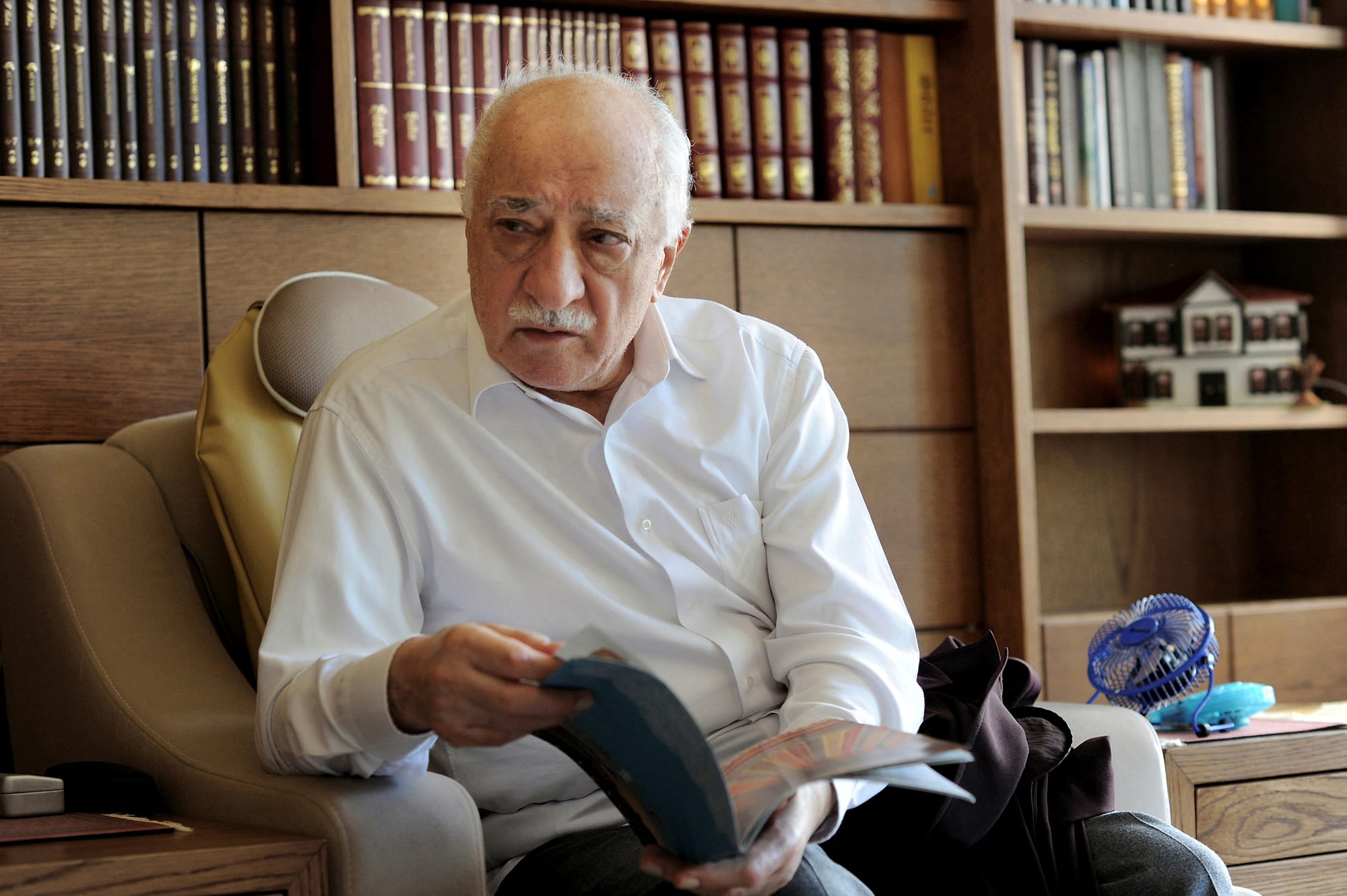In Brief
Situation Report
Fethullah Gülen, a prominent Islamic cleric and founder of the Hizmet movement, passed away at the age of 83. His death marks the end of a contentious chapter in Turkish politics, where he was both revered and reviled. Gülen had built a vast network of followers and institutions advocating for a moderate interpretation of Islam, emphasizing education and interfaith dialogue.
Gülen's movement gained significant influence in Turkey over the past few decades, establishing schools and businesses worldwide. However, his later years were overshadowed by accusations from Turkish President Recep Tayyip Erdoğan's government that he orchestrated the failed coup attempt in July 2016.
Initially an ally of Erdoğan and the ruling Justice and Development Party (AKP), their relationship soured dramatically after a series of corruption investigations linked to Gülenists within the police and judiciary emerged in 2013. The fallout culminated in Erdoğan blaming Gülen for the coup attempt that resulted in over 250 deaths and thousands of arrests.
Since then, Turkey has conducted extensive purges targeting individuals associated with Gülen's movement, which Ankara now designates as the Fethullah Terrorist Organization (FETÖ). The crackdown led to widespread arrests of at least 77,000 people and the dismissal of 150,000 state workers across various sectors, including military, education, and civil service.
Despite living in exile since 1999 primarily due to legal troubles stemming from his opposition to Turkey's secularist policies, Gülen consistently denied any involvement in the coup or any wrongdoing. His followers argue that his teachings promote a moderate Islam compatible with democracy and modernity.
Following his death, Turkish Foreign Minister Hakan Fidan reiterated the government's stance against Gülen's movement, describing it as a "dark organization" and vowing to continue efforts to dismantle its influence both domestically and internationally.















Discussion